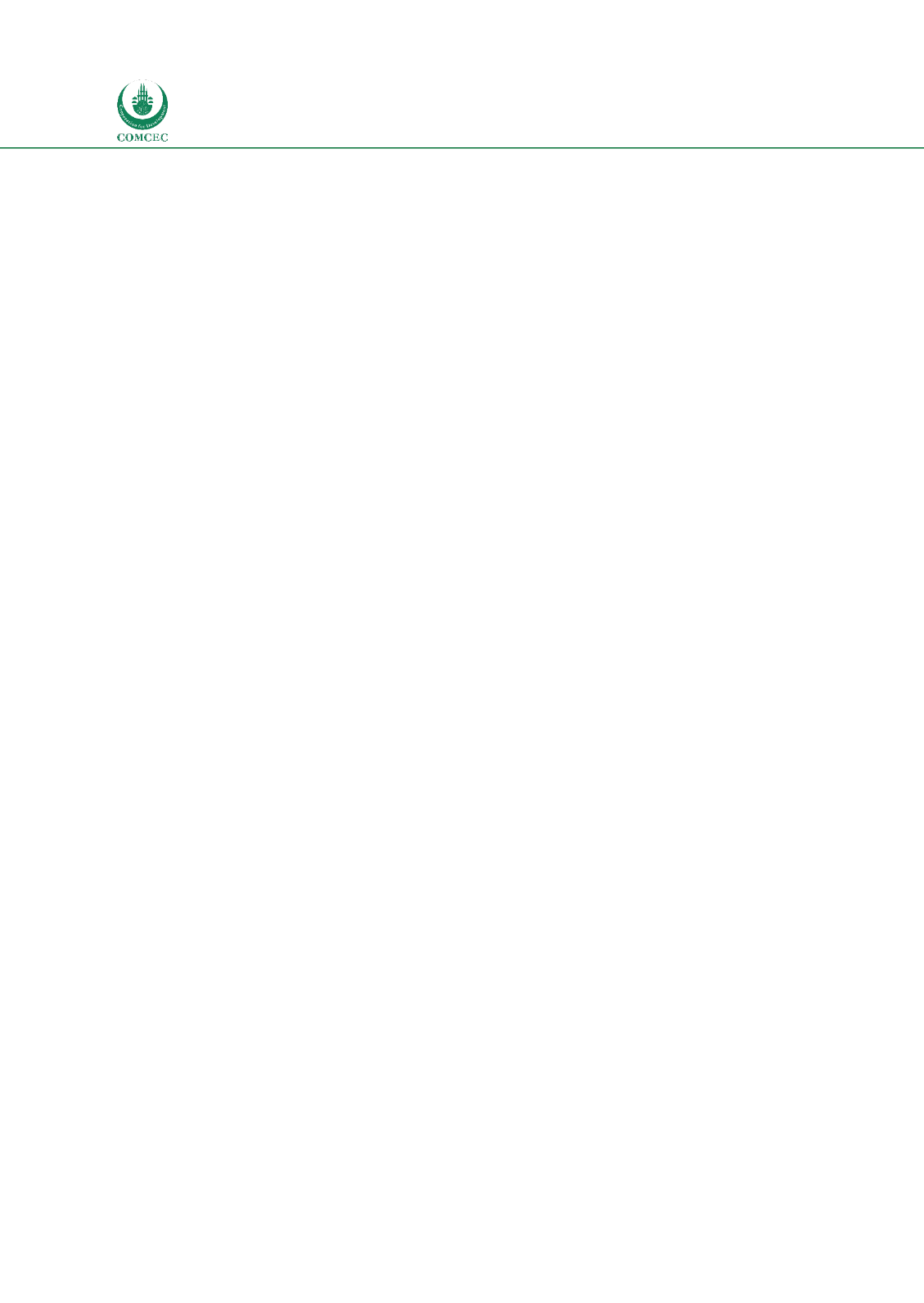

Muslim Friendly Tourism:
Regulating Accommodation Establishments
In the OIC Member Countries
80
6.
Policy Recommendations
This study strongly recommends the regulation of MFT elements within the accommodation
sector, given the strong feedback provided by surveys and a clear articulation of the types of
services required and the relative ease of providing them.
This section seeks to provide a definitive roadmap for individual countries to better address the
needs of Muslim travelers and facilitate growth in their tourism sectors, as well as serve as a
starting point for robust coordination across the OIC countries.
Benefits of MFT regulation and standards are detailed in section 3.1. In summary, MFT regulation
provides guests with an assurance of authenticity, especially in case of Halal food, provides
consistent expectations, and supports a family-friendly ecosystem, which is beneficial to both
Muslim guests as well as to mainstream guests traveling with their families.
In the consumer survey that was conducted for the purpose of this study, respondents
attached great importance to Halal food being regulated by a Muslim-friendly accommodation
standard; 99% of respondents rated it as important (83% rated it as extremely important).
This was followed by offering Ramadan services, such as breakfast buffets, which 95% of
respondents rated as important, followed by having Qibla direction in the hotel room, which
94% of respondents rated as important.
In terms of accommodation facilities, certification provides recognition for the MFT initiatives
they have undertaken, and provides a platform to promote their MFT efforts. Standards also
provide investors with clear expectations in terms of what facilities need to be part of an MFT
hotel.
Options for MFT Standards Adoption/Development
The following decision tree diagram guides countries through their options based on several
criteria. If a country already has an MFT accommodation standard that meets the requirements
of the industry and guest expectations, then the government should promote it to the industry as
well as mention it in its marketing communication to travelers. An the OIC country with highly
developed MFT services should consider adopting one of the existing standards, such as SMIIC,
once it has been released in 2017. If none of the existing standards meet a country’s
requirements (which is highly unlikely), it should join efforts to develop an the OIC-wide
standard.
If MFT accommodation services are not highly developed, yet Muslim visitors are an important
segment, and hotels are willing to provide MFT services and facilities, then consider one of the
other available MFT standards such as Malaysia’s MFHS standard, Sofyan Standard or others. If
none of the standards meets their requirements, which is highly unlikely, they can join efforts to
develop an the OIC standard.
















